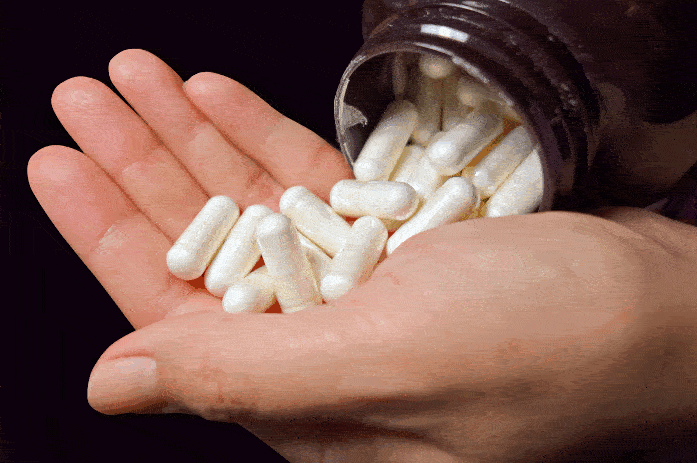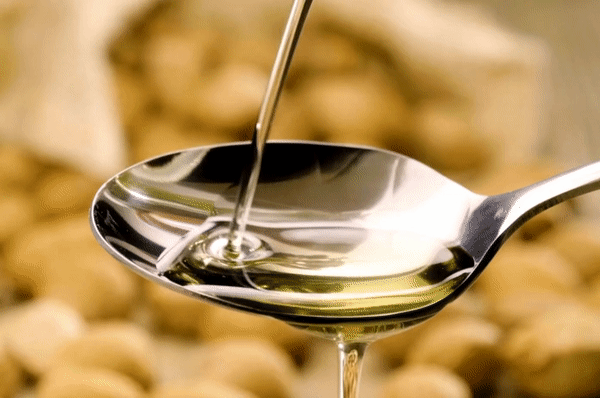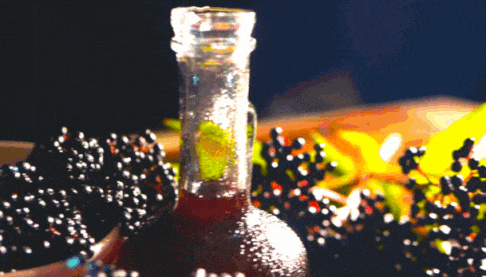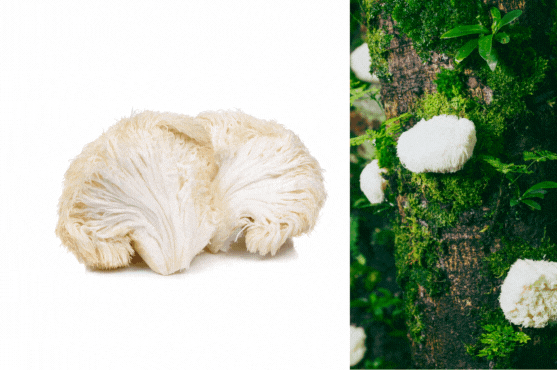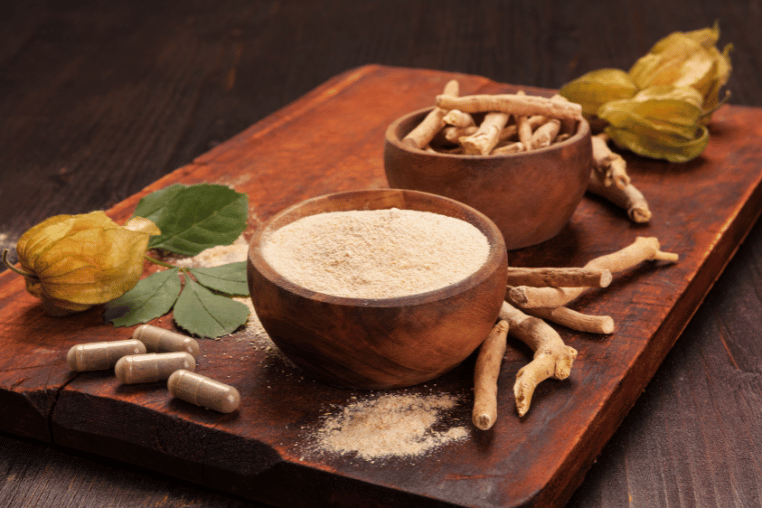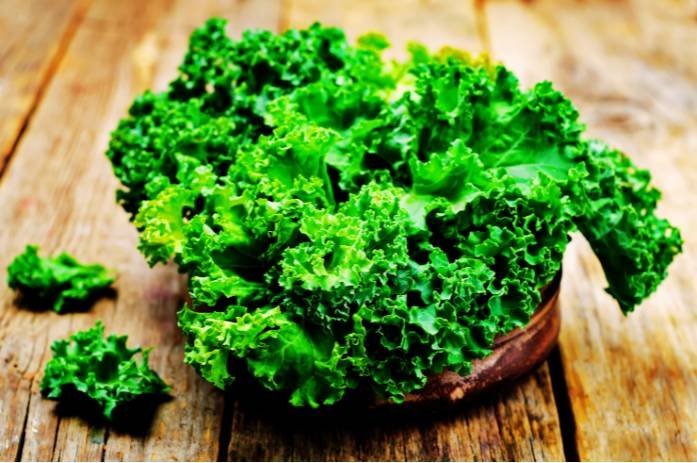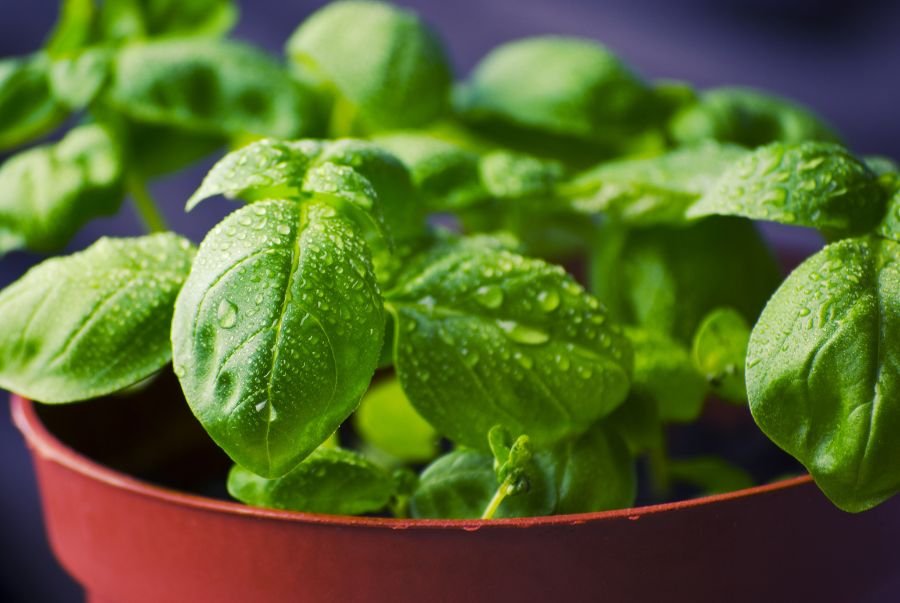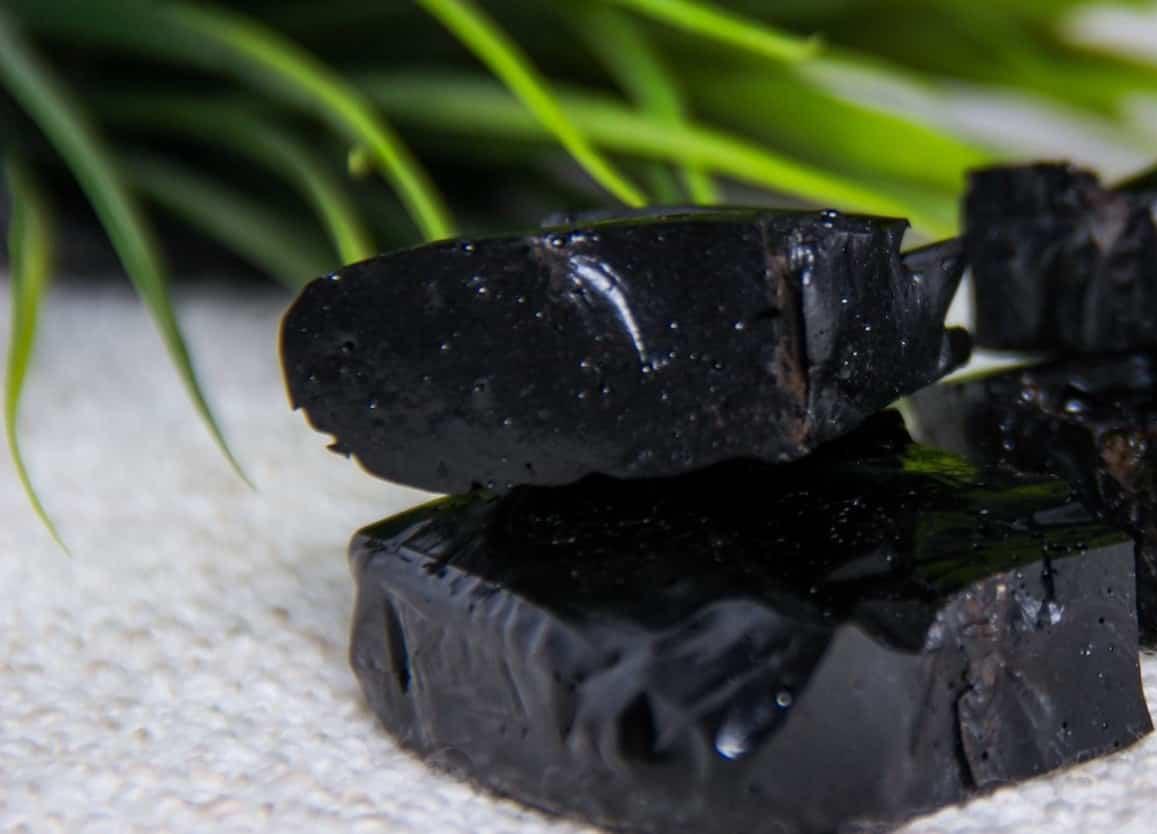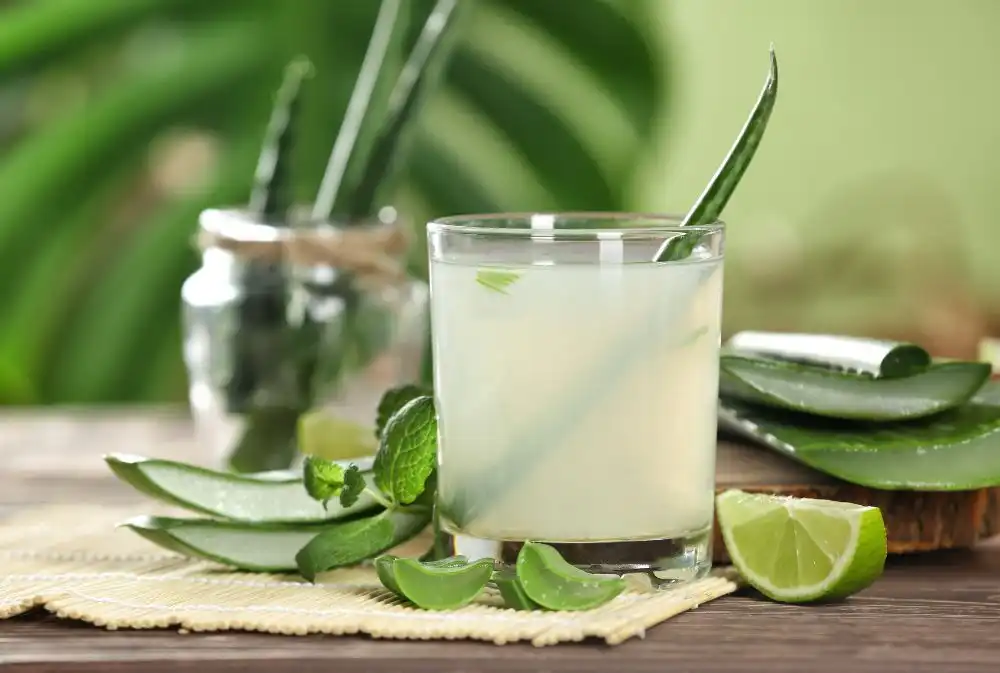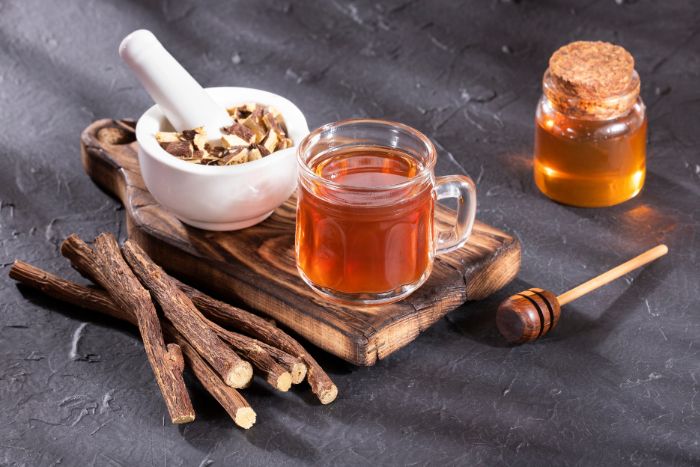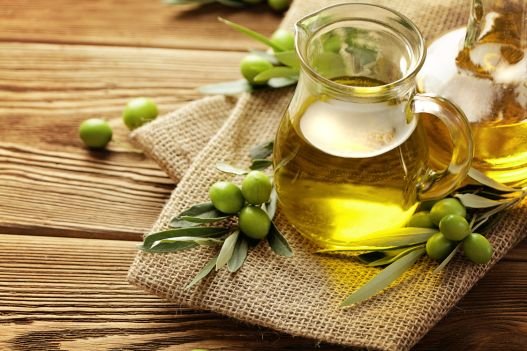Listen to this article
Introduction to Daikon Sprouts
Daikon sprouts, also known as radish sprouts, are young, tender shoots that emerge from daikon radish seeds. Despite their small size, daikon sprouts are packed with nutrients and offer a range of health benefits. Adding daikon sprouts into your diet can enhance your meals’ flavor and nutritional content. Let’s discuss the various benefits and versatile uses of daikon sprouts, providing insights on how to incorporate them into your daily meals. So, let’s explore the world of daikon sprouts and discover how they can elevate your health and culinary experience.
Nutritional Profile of Daikon Sprouts
Daikon sprouts are nutrient-rich, containing vitamins A, C, and K, crucial for vision, immunity, and blood clotting. They also offer minerals like calcium, potassium, and magnesium, vital for bone, muscle, and heart health. Adding daikon sprouts to your diet ensures meeting daily nutrient needs and promotes overall well-being.
These sprouts are packed with antioxidants, reducing inflammation, fighting chronic diseases, and supporting digestive health. Low in calories and fat but high in fiber, they aid weight management and promote strong bones, a healthy heart, and a robust immune system. With their diverse health benefits, daikon sprouts are a convenient and nutritious addition to any meal.
Culinary Uses of Daikon Sprouts
Daikon sprouts are versatile in the kitchen, adding a crisp texture and subtle flavor to salads, sandwiches, and wraps. They enhance soups, stir-fries, and sushi rolls, boosting taste and visual appeal. Incorporating daikon sprouts into meals is easy and tasty. For a salad, mix them with greens, tomatoes, cucumbers, and vinaigrette. In stir-fries, sauté them with veggies and protein over rice or noodles.
They’re also great in sandwiches, wraps, and sushi rolls. Daikon sprouts feature in various cuisines globally, from Asian to Mediterranean to American. In Asian dishes, they offer a refreshing crunch and peppery taste. Mediterranean recipes use them in falafel wraps, Greek salads, and mezze platters. In American cuisine, they substitute lettuce or cabbage in sandwiches and wraps, adding health and flavor. Daikon sprouts elevate dishes, no matter the cuisine.
Growing Daikon Sprouts at Home
Growing daikon sprouts at home is simple and rewarding, requiring minimal time and effort. You’ll need daikon seeds, a sprouting tray or jar, water, and patience. Soak the seeds for 8-12 hours, then spread them in a tray or jar, rinsing twice daily. Within 5-7 days, you’ll have fresh daikon sprouts.
You don’t need fancy equipment; a tray or jar works, along with a colander or sieve for rinsing. Ensure proper air circulation with a mesh lid or breathable cover. Consider misting the sprouts with water using a spray bottle.
Use high-quality seeds and clean water to avoid hindering sprouting. Rinse the sprouts twice daily to prevent mold. Store them in a well-ventilated spot, avoiding direct sunlight. Soon, you’ll harvest beautiful daikon sprouts for your favorite dishes.
Sustainability and Environmental Impact
Growing daikon sprouts is a sustainable practice with significant environmental benefits. They require minimal water, space, and resources compared to conventional crops, making them eco-friendly. Daikon sprouts have a lower environmental footprint than animal-based products, needing less water, land, and energy to grow. Since they can be grown locally year-round in small indoor spaces, daikon sprouts reduce the need for long-distance transportation and carbon emissions.
Incorporating them into your diet promotes sustainability by conserving resources, reducing greenhouse gases, and preserving habitats. With their nutrition and versatility, daikon sprouts are an excellent choice for sustainable diets prioritizing health and environmental stewardship.
Daikon Sprouts in Traditional Medicine
Daikon sprouts have a rich history in traditional medicine, particularly in Asian cultures, where they’ve been prized for their health benefits. They’re believed to aid digestion, reduce inflammation, and detoxify the body, promoting overall wellness. While much of the evidence supporting their use is anecdotal, some scientific studies suggest daikon sprouts contain compounds like glucosinolates and isothiocyanates with antioxidant and anti-inflammatory properties.
These compounds may help protect against chronic diseases such as cancer, cardiovascular disease, and diabetes, although more research is needed to confirm their efficacy. Despite the need for further study, the long-standing use of daikon sprouts in traditional medicine underscores their potential as a valuable addition to a healthy diet and lifestyle.
Safety Considerations and Precautions
Daikon sprouts, while offering numerous health benefits, can pose risks if not handled properly. Like other raw vegetables, they may harbor harmful bacteria such as Salmonella or E. coli, especially when grown in warm, humid conditions. To minimize the risk of foodborne illness, it’s crucial to handle and prepare daikon sprouts safely. Thoroughly wash them under cold, running water and discard any sprouts that appear slimy or discolored.
Proper storage in the refrigerator, away from raw meat, poultry, or seafood, is also essential to prevent cross-contamination. Additionally, ensure cleanliness by washing hands, utensils, and surfaces that come into contact with daikon sprouts. By following these guidelines, you can enjoy daikon sprouts safely and reap their nutritional benefits without worrying about foodborne illness.
FAQs
1. Are daikon sprouts safe to eat raw?
Yes, daikon sprouts are safe to eat raw and are commonly enjoyed in salads, sandwiches, and wraps for their crisp texture and mild flavor. However, it’s essential to handle and prepare them safely to minimize the risk of foodborne illness.
2. How long do daikon sprouts take to grow?
Daikon sprouts typically take about 5-7 days to grow from seed to harvest. However, this timeline may vary depending on factors such as temperature, humidity, and seed quality. With proper care and attention, you can enjoy a continuous supply of fresh daikon sprouts year-round.
3. Can I store daikon sprouts for later use?
Yes, you can store daikon sprouts in the refrigerator for up to a few days. It’s essential to store them in a clean, airtight container and consume them within a few days to ensure freshness and minimize the risk of bacterial contamination.
4. Are there any risks associated with consuming daikon sprouts?
While daikon sprouts offer numerous health benefits, there is a potential risk of foodborne illness due to bacterial contamination. It’s crucial to handle and prepare daikon sprouts safely by washing them thoroughly and storing them properly to minimize this risk.
Conclusion
In conclusion, daikon sprouts are nutrient-rich and versatile, offering a plethora of health benefits. Whether raw or cooked, they elevate the flavor and nutritional content of various dishes. Incorporating daikon sprouts into your diet enhances your meals with their crisp texture and subtle peppery taste. By doing so, you not only boost your nutrient intake but also promote overall well-being. Embrace the potential of daikon sprouts in your culinary adventures, and savor the benefits they bring to your health. Start enjoying daikon sprouts today and get on a journey to better nutrition and delicious meals.

Passionate & Certified Nutritionist
A seasoned nutrition specialist dedicated to empowering individuals through personalized dietary guidance. Committed to fostering healthier lifestyles, providing tailored meal plans, and offering evidence-based nutritional advice. Passionate about promoting overall well-being by translating complex nutritional science into practical, sustainable strategies for improved health.
